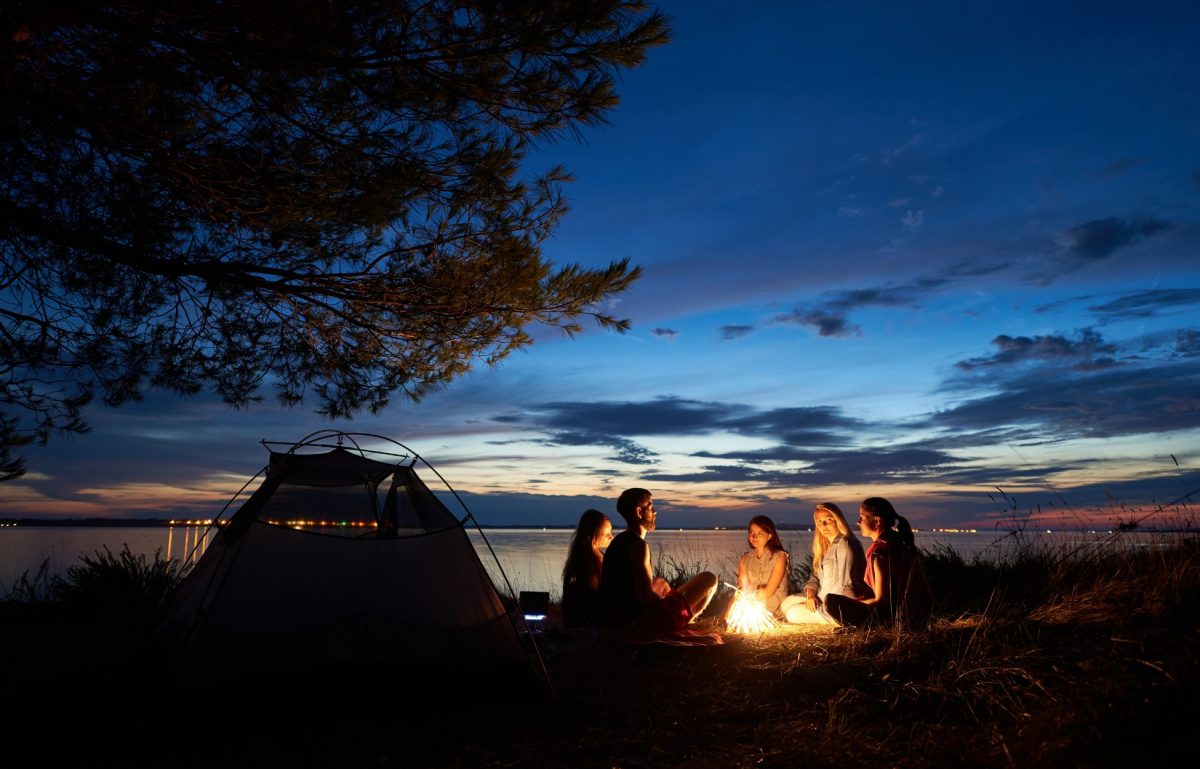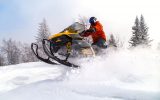If you’re out camping, safety should be a serious priority. We understand that you likely have a lot on your plate, especially if you’re camping with the company. However, you must always keep yourself and your surrounding area in mind, especially if the area is prone to wildfires.
How do you ensure that you won’t start a raging blaze? Check out our tips for preventing wildfire while you’re camping below.
Check Local Weather Conditions
There are many types of wildfires—but they almost all start because of adverse weather conditions. We understand you have plans for when camping will work best for you, but if it’s too dry and windy on a hot day, you may want to reconsider. Droughts can cause a lot of trouble, as they can create an environment where wildfires are far more likely to happen. Therefore, you need to make sure you use tools that aren’t flammable or avoid creating sparks and fire when the weather conditions increase the risk.
Build Your Campfire in the Open
If you’re camping in the woods, this step might not be easy. However, most licensed parks have areas designated for starting fires in a controlled environment. If you don’t have this option for your particular site, try using a flat, open location as far away from logs, other trees, and dry leaves as possible. You also want to scrape the surrounding soil, leaves, and grass away from the fire so that nothing catches fire from stray embers.
Take Care of Your Vehicle
It’s also vital to make sure you don’t park your vehicle over dry leaves and grass. Your exhaust can reach extremely elevated temperatures, making it easier to start a fire. Don’t allow your car or truck to idle. They can also shoot sparks from their equipment or exhaust, which is a recipe for disaster. This issue is especially prevalent for older vehicles in need of repair. If you take a car with you to campsites often, it’s important to send your vehicle in for regular repairs. This is a crucial tip for preventing wildfires when you’re out camping.
In short, preventing forest fires is relatively simple. It just requires being aware of your surroundings. Take time out to implement these safety tips to protect yourself, your fellow campers, and the natural environment you love.













